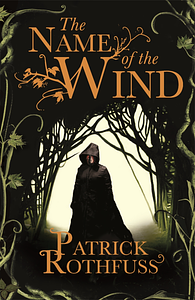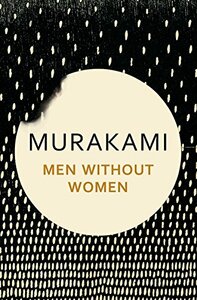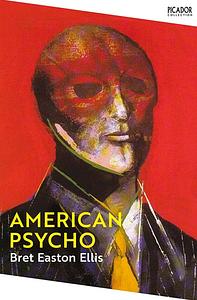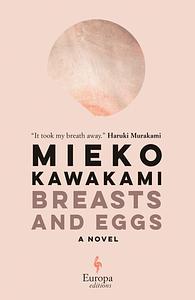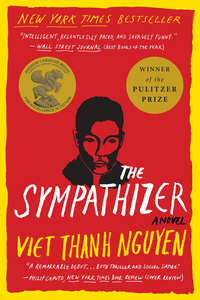You need to sign in or sign up before continuing.
Take a photo of a barcode or cover
pascalthehoff's reviews
404 reviews
In its "protagonist-having-lots-of-thoughts"-way, this novel is a lot like female Haruki Murakami... which already alleviates most of the problems I have with Murakami.
Introspective, melancholic and mundanely philosophical, Breasts and Eggs has all of the strengths of the more down-to-earth Murakami novels (and other works of this ilk). The fact that this is written by a female author is particularly important as the two main topics this novel tackles would have led to catastrophe if written by a man. It really is about breasts and eggs.
The novel is split into two parts, sharing the same first-person-narrator, but apart by several years. One half is about breast augmentation, the other about getting pregnant without having to be with a man - which means: sperm donation. The novel manages to discuss these two topics in unusual but due scope and depth while also not dwelling on a one-sided perspective.
That being said, as much as I appreciated this vivid narrative discussion of underdiscussed topics, the only part that let me down were the solutions, which "at times" lacked the delicate touch the novel usually excels at - without wanting to go into too much detail here.
Either way, there is enough here besides those two major topics to make a reader think and get wistful. At times, the narration is too rambly for its own good, seeming stuck between two more significant scenes. Especially the Eggs part doesn't feel as focused as the first novella-like Breasts part. But overall, this is a definite recommendation for anyone who likes Japanese, introspective or feminist-adjacent stories.
Introspective, melancholic and mundanely philosophical, Breasts and Eggs has all of the strengths of the more down-to-earth Murakami novels (and other works of this ilk). The fact that this is written by a female author is particularly important as the two main topics this novel tackles would have led to catastrophe if written by a man. It really is about breasts and eggs.
The novel is split into two parts, sharing the same first-person-narrator, but apart by several years. One half is about breast augmentation, the other about getting pregnant without having to be with a man - which means: sperm donation. The novel manages to discuss these two topics in unusual but due scope and depth while also not dwelling on a one-sided perspective.
That being said, as much as I appreciated this vivid narrative discussion of underdiscussed topics, the only part that let me down were the solutions, which "at times" lacked the delicate touch the novel usually excels at - without wanting to go into too much detail here.
Either way, there is enough here besides those two major topics to make a reader think and get wistful. At times, the narration is too rambly for its own good, seeming stuck between two more significant scenes. Especially the Eggs part doesn't feel as focused as the first novella-like Breasts part. But overall, this is a definite recommendation for anyone who likes Japanese, introspective or feminist-adjacent stories.
I loved the many shades of tension witnessing a double-agent live between blossoming Vietnamese communist ideals and the temptations of full-on Californian capitalism.
The prose is absolutely stunning – so much so that I couldn't stop marking sentences in my eBook, which I thought worth remembering (but which I'll probably never read again). At times, however, the lavish monologues drift into clutter – exacerbated by the stylistic decision to not use any speech marks for dialogue whatsoever. Never a good idea. Thus, The Sympathizer was sometimes more unwieldy to read than might have been necessary with a few additional editorial touches here and there. It fails to capture the paradoxical simplicity of (for example) Nabokov's stylistically heavy prose.
Just like a person in the story itself told it to the first-person narrator: "Your language betrays you. It is not clear, not succinct, not direct, not simple. It is the language of the elite. You must write for the people!" (p. 242)
The prose is absolutely stunning – so much so that I couldn't stop marking sentences in my eBook, which I thought worth remembering (but which I'll probably never read again). At times, however, the lavish monologues drift into clutter – exacerbated by the stylistic decision to not use any speech marks for dialogue whatsoever. Never a good idea. Thus, The Sympathizer was sometimes more unwieldy to read than might have been necessary with a few additional editorial touches here and there. It fails to capture the paradoxical simplicity of (for example) Nabokov's stylistically heavy prose.
Just like a person in the story itself told it to the first-person narrator: "Your language betrays you. It is not clear, not succinct, not direct, not simple. It is the language of the elite. You must write for the people!" (p. 242)

